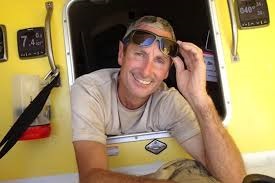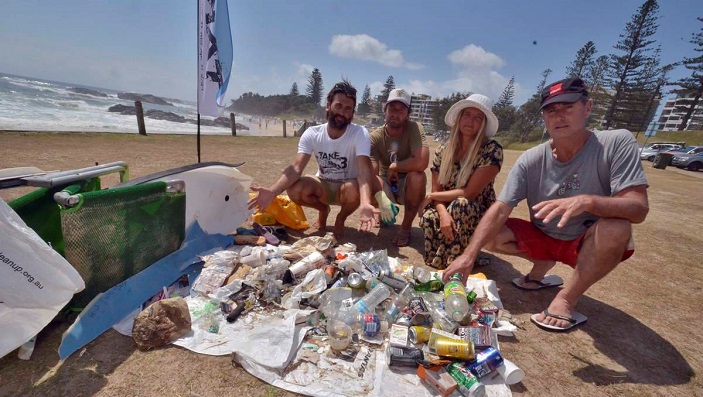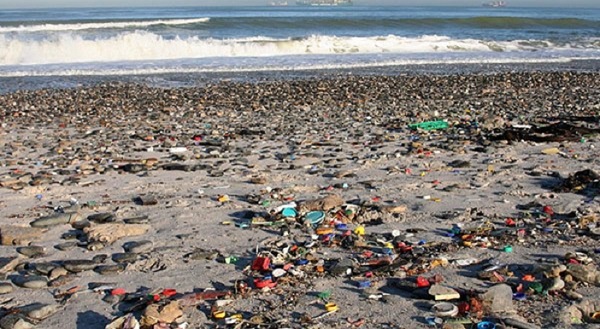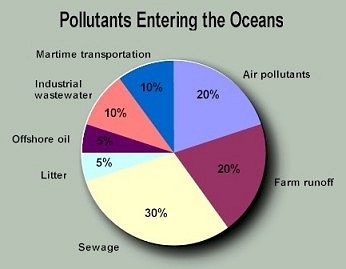My name is Ivan Macfadyen and I am a seasoned sailor with many voyages in the World’s oceans. My last Pacific crossing has raised an ominous alarm- I’m used to seeing turtles, dolphins, sharks and big flurries of feeding birds. But this time, for 3,000 nautical miles there was nothing alive to be seen. This once vibrant expanse of sea was hauntingly quiet, and covered with trash.

Experts are calling it the silent collapse.
Although very few of us see it, we are causing it — overfishing, climate change, acidification, and pollution are devastating our oceans and wiping out entire species. It’s not just the annihilation of millennia of wonder and beauty, it impacts our climate and all life on Earth.
But we have a fleeting window still to act and this could be the year to turn the tide — the UN is considering an initiative to stop dumping and pillaging in the high seas, and announced back in 2015 that they will help create the largest single marine reserve ever in one of the most pristine areas on earth!
Lack of political will is the only real obstacle to getting more of these agreements moving.
My apocalyptic sailing voyage is a clarion call to action. Let’s get started on making everyone aware of the situation right away.
Right now, fishing boats are scraping the ocean floor clean, and over 80% of sea pollution is coming from fertilizers, pesticides, and plastics pouring off shore land. The reports are dire: in less than 40 years, our oceans could be completely fished-out.
In 100 years, all coral reefs in all the oceans might be dead.
But just as wilderness parks work to rehabilitate life on land, the same happens in the ocean. If our governments create big enough marine reserves and enforce protection laws, the ocean can regenerate.
Famed ocean explorer Jacques Cousteau said: “people protect what they love.” Let’s inspire millions more people to fall in the love with the ocean and defend its treasures.
We are in a precarious moment when there are still fewer marine mammal extinctions than there are on land, and when ocean ecosystems have shrunk less than those on land. We have not yet passed the tipping point for our oceans, but we will if we don’t act soon and at a scale that rivals the enormity of the problem. There is no other community in the world that can do that like we can. For The Silo, Ivan Macfadyen.


